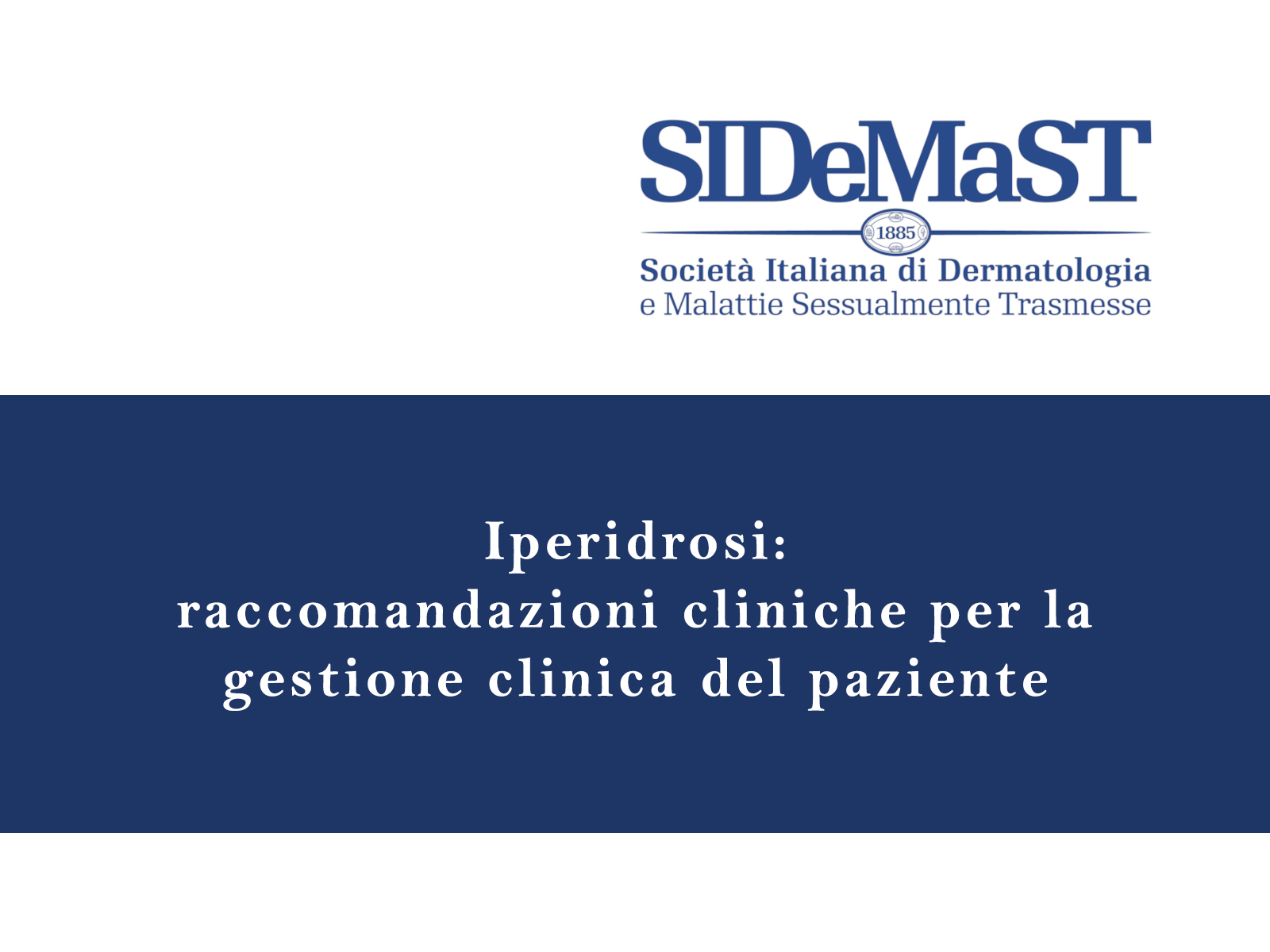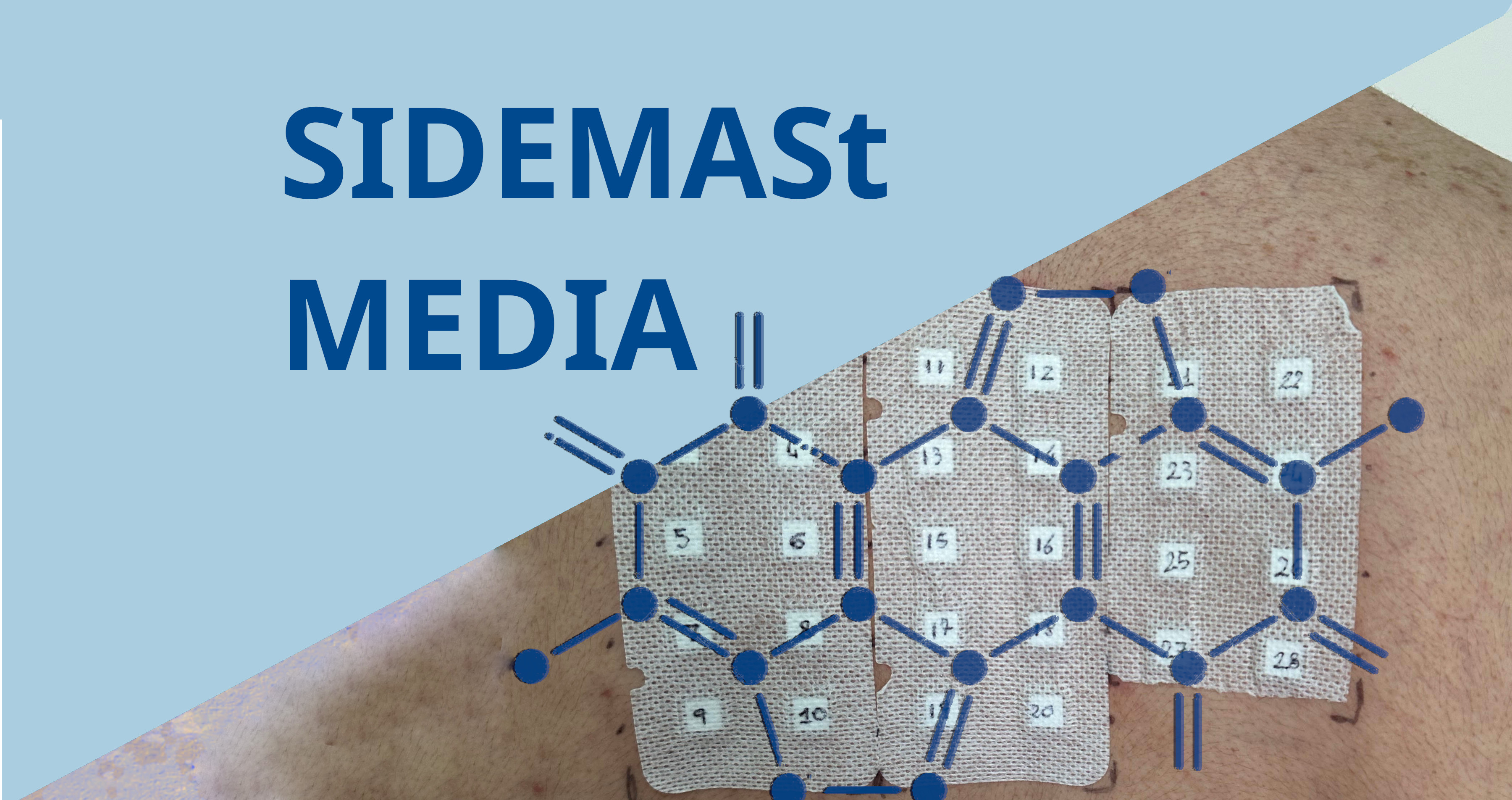After a median 5.3 years of follow-up in the EORTC 18071 trial, adjuvant ipilimumab was associated with a 28% reduction in the relative risk of death in high-risk patients with stage III melanoma, compared with placebo.
In the study, published simultaneously in the New England Journal of Medicine, 951 patients with completely resected disease were randomised in a double-blinded fashion to ipilimumab 10 mg/kg (induction and maintenance) or placebo. Patients were treated for up to 3 years or until disease progression, intolerable toxicity or withdrawal.
Five-year recurrence-free survival (RFS) was 41% in the ipilimumab arm and 30% in the placebo arm (hazard ratio [HR] = 0.76; 95% confidence interval [CI], 0.64-0.89; P = .0008). Overall survival was 65% for ipilimumab and 54% for placebo (HR = 0.72; 95% CI, 0.58-0.88; P = .001).
"Of course, this comes at a price in terms of side effects and toxicity," said Alexander Eggermont, MD, Gustave Roussy Institute, Villejui, France.
Grade 3/4 adverse events (AEs) that resulted in patients coming off treatment were gastrointestinal (16%), including colitis with fatal perforation in 3 patients, and hypophysitis in 4.4% (usually requiring lifelong hormone replacement therapy). The toxicity-related death rate was 1.1%. Overall, the immune-related grade 3/4 adverse event rates were 43% for ipilimumab and 2% for placebo.
Dr. Eggermont noted that ipilimumab superiority was consistent across all survival endpoints at 5 years, and that safety results long-term were also consistent with those in the primary report.
"Currently, adjuvant ipilimumab represents an important treatment option for patients with high-risk stage III melanoma," he said.
[Presentation title: Ipilimumab (IPI) vs Placebo (PBO) After Complete Resection of Stage III Melanoma: Final Overall Survival Results From the EORTC 18071 Randomized, Double-Blind, Phase 3 Trial. Abstract LBA2]










